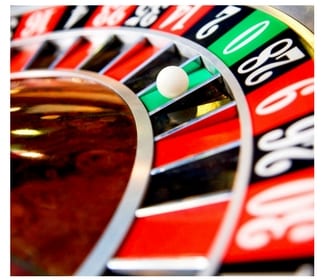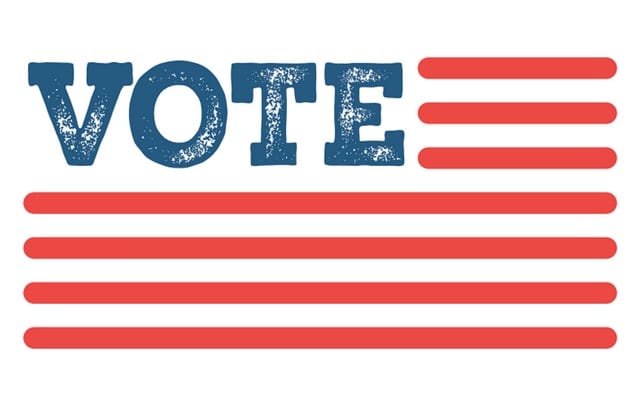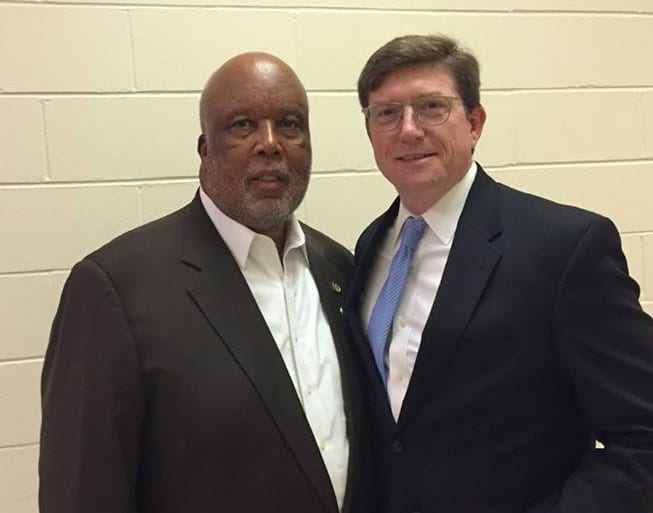
By: Jon Pritchett, President and CEO for Mississippi Center for Public Policy
Much has been written lately about how sports gambling is going to lead to the downfall of man, the decay of society, and the loss of the integrity of sports. As the late Lewis Grizzard would say, “That’s a bunch of hogwash.”
What the Supreme Court did in voting 6-3 to overturn the federal ban on sports gambling was to give back to the states their constitutional powers.
In affirming federalism, they also gave people back their rights to choose how they want to live and whether they want to spend their own after-tax money on a sports bet, a municipal bond, or a ham sandwich. No matter how you personally feel about gambling on sports, it’s a mistake to take away a person’s individual liberty just because some people will be irresponsible.
Now that power to regulate gambling has been returned to all the states, there are more than a few organizations making spurious arguments about the need for all sorts of remedies to potential harms. The sports leagues have started to campaign for a “content fee” from each state. The argument is that their team and league intellectual property will be used by various sports gambling sites, apps, media, and other related entities. Ironically, such increased use of the “content” of the leagues’ and teams’ logos and trademarks is actually going to make the the leagues and teams more valuable, along with the rights to distribute their live programming. The states shouldn’t agree to pay a penny to a sports league.
The other specious claim is that sports gambling will seriously threaten the integrity of the games. You’ll hear this especially from the NFL and the NCAA. But rather than seeing legal sports betting as the enemy of sports competition, we should see it as an ally to protect sports. Using powerful algorithms, sports leagues (the NCAA included) can use sports wagering technology as an “early warning system” to uncover potential signs of corruption. Major data companies, including Google and Microsoft, have been developing technologies to aid in the operation of legal sports betting for years. Thanks to the free market, sophisticated software and innovative competitors will harness technology to improve the integrity of all the games.
The repeal of the federal prohibition on sports wagering is bringing a massive industry out of the shadows and into the sunlight. Despite the ban, which began with the passing Professional and Amateur Sports Protection Act in 1992, annual sports betting activity in the U.S. is estimated to be as high as $400 billion. Since the enactment of PASPA, which was largely driven by the NCAA as a way to prevent gambling on sports, the industry has grown by a factor of 10. Like most federal intrusions into state matters or consumer protection, the results of PAPSA were far different from the original intent.
Most of that betting was happening offshore or through the dark net — without transparency or consumer protection. According to the estimates from the American Gaming Association, 80 percent of the $10 billion bet on the NCAA tournament this past March and April was done illegally, essentially making anyone who participated in the bracket office pool a criminal.
For 26 years, we’ve been living under a dubious set of claims about sports wagering while Nevada and a few other states enjoyed a federal monopoly. In Mississippi, where I now live and work, the Mississippi Band of Choctaw Indians is planning to have the first casino in the Magnolia State to offer sports betting. What’s more, they expect to be the first Native American tribe in the U.S. to offer sports wagering. Because the Choctaw tribe is not subject to state regulation, they are free to offer sports betting to customers immediately.
In Mississippi, and in other states in need of new revenue streams, the regulated casinos will not be far behind. That’s because Mississippi lawmakers had the foresight to approve new rules from the state’s Gaming Commission in anticipation of a repeal of PAPSA.
Why should Nevada and a few other states have all the fun (and all the tax revenue) associated with letting people legally pursue their interests and hobbies? The games will be fine, and individuals will have the personal liberty (and responsibility) that comes along with it.
Jon L. Pritchett (@tobaccoroadguy) is president and CEO of the Mississippi Center for Public Policy, the state’s non-partisan, free-market think tank. Prior to joining MCPP, Jon was senior vice president of the John Locke Foundation. He also worked as an investment banker, executive, and entrepreneur over a 28-year career in private business.











